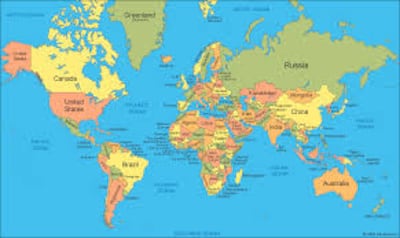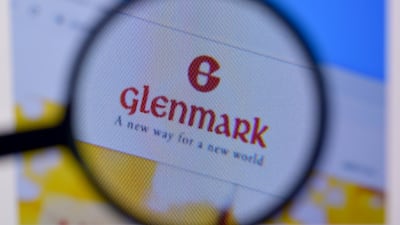Financing
A court order encompassing funding, drug pricing, clinical trials and overall policy implementation aspects is expected to bring about a paradigm shift in the treatment of rare diseases in India. Sarepta, Roche and Sanofi are among the key players that have been part of pricing discussions.
Merck’s immuno-oncology blockbuster was the world’s best-selling drugs by revenues for the second year in a row, with an almost $12bn lead over its closest rival, Novo Nordisk’s GLP-1 drug Ozempic.
Private Company Edition: ARCH raised more than $3bn for its eighth fund, Frazier added $630m to its public fund that also can back crossover rounds, DCVC’s third biotech fund totaled $400m and Asabys raised €180m ($200m) for its second fund. Also, Aktis closed a $175m series B round.
The German group is spinning off from Eckert & Ziegler and listing in Frankfurt, though a leap to the NASDAQ will likely follow once it has more data on a lymphoma theranostic.
MBX, Zenas and Bicara delivered positive returns in their first days of trading, but that has not always translated to good long-term results for drug developers that launched US IPOs this year.
This is a story about the current activity in Chinese biopharma financing.
BridgeBio spun out oncology assets in May to focus on rare diseases and now it has sliced off a few rare disease candidates for GondolaBio. Also, Avidity and Kymera closed follow-on offerings that grossed $345.1m and $225m, respectively, and Vandria extended its series A round to $30.7m.
With $150m in series A funding, the Versant- and Novartis-backed start-up is betting it can overcome the challenges to getting RNA medicines into the kidney.
The start-up launched last year with Phase III-ready upacicalcet, which has nearly completed two pivotal trials in secondary hyperparathyroidism and for which it has exclusive rights outside of Asia.
In this week's podcast edition of Five Must-Know Things: Merck & Co. steps into CD19 bispecific space; gene therapy patients rise, but slowly; Madrigal’s Rezdiffra plans; Korean biopharma financing recovering?; and approvals to watch out for in Q3.
Restructuring Edition: Lykos recruited a J&J veteran to help its slimmed-down staff resubmit its MDMA-based PTSD therapy. Also, Lexicon cut its field force by 50%, or 75 jobs; Viracta cut its solid tumor program and 23% of its workforce; and Boundless Bio streamlined with moderate job cuts.
Public Company Edition: Actuate Therapeutics grossed $22.4m in its first-time offering, while already-public companies recently tapped a variety of sources for funding. Arrowhead negotiated a credit facility for up to $500m and ANI sold $275m worth of notes, among other financings.
As investor sentiment around Korean biopharma IPOs and financings remained tepid in the second quarter, companies turned to other ways of raising money, including rights offerings. But there are signs of recovery and upcoming catalysts, while on the M&A front Boryung divested a vaccine subsidiary to a private equity consortium.
Halda will take its first RIPTAC molecule into a clinical trial in prostate cancer, offering a new small molecule modality in an indication where patients and doctors prefer oral drugs.
Private Company Edition: Symbiotic Capital emerged with a $600m-plus fund to provide credit for private and public companies, while venBio raised a $528m fund. Also, Outpace Bio raised $144m, Jade Biosciences launched with $80m and MBX Biosciences raised $63.5m.
The company raised $120m in a series B funding round and plans to start a Phase III study of IDRX-42 next year. Scrip talked to IDRx’s execs about the company’s development strategy.
Public Company Edition: OS Therapies launched this year’s smallest initial public offering, to fund its lead program in osteosarcoma. Also, Australian firm Telix, after opting out of a US IPO, grossed A$650m ($425.5m) from investors at home. Day One raised $175m in a private placement.
Restructuring Edition: Vir will end influenza, COVID-19 and T-cell-based viral vector platform programs to focus on clinical hepatitis and cancer assets. Also, FibroGen cut 75% of its workforce after a clinical trial failure, while Arbutus, HilleVax, Pfizer and others also announced layoffs.

















